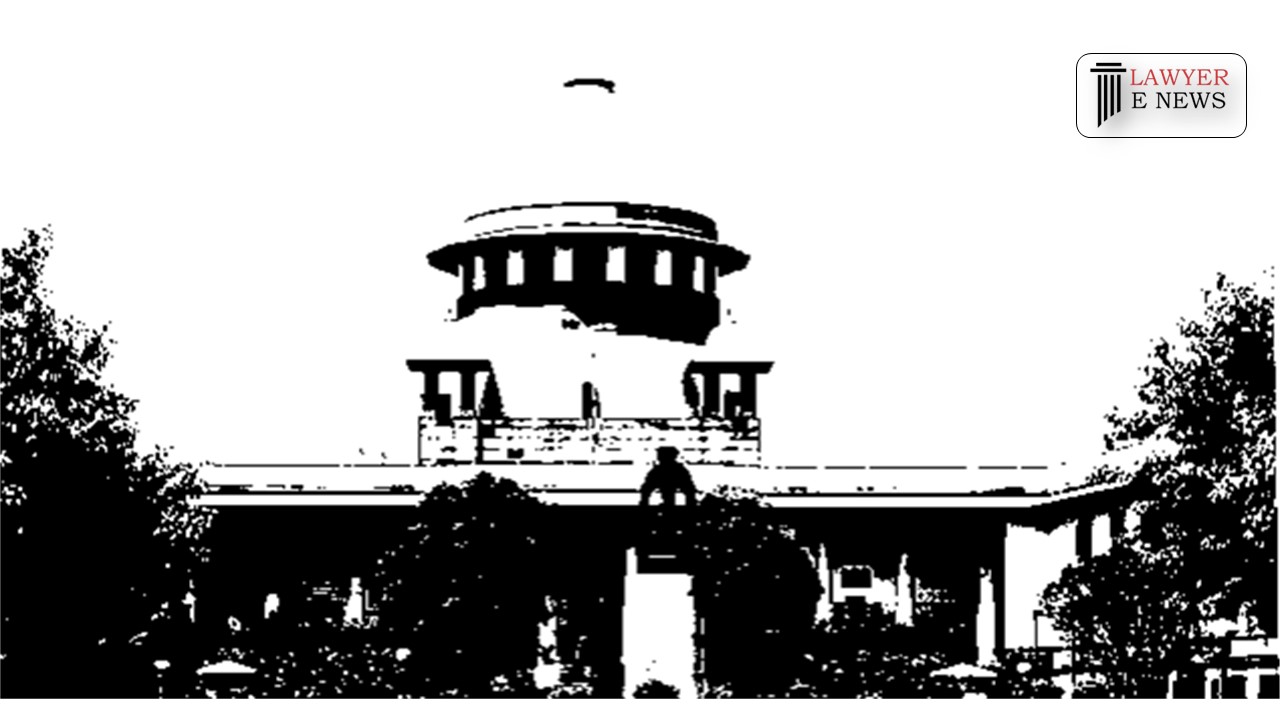-
by sayum
14 February 2026 2:22 PM



In a recent judgment , the Supreme Court of India, headed by Justice Dipankar Datta, reinforced the principle of equal treatment and fair compensation for landowners in land acquisition cases. The apex court’s ruling came in response to a series of appeals filed by affected landowners challenging a judgment and order passed by the Gujarat High Court.
The case revolved around the acquisition of lands for the Vadodara Branch Canal of the Narmada Project. The Gujarat High Court had initially enhanced the compensation awarded by the Reference Court, only to later reduce it. The core issue centered on whether reliance on compensation awards from other acquisitions was justifiable in determining fair compensation for the appellants’ lands.
Justice Dipankar Datta, delivering the judgment, observed that while the Reference Court and the Appellate Court had both erred in determining the compensation, the High Court had mistakenly considered compensation awarded for lands acquired in different circumstances. The Supreme Court emphasized the importance of distinguishing acquisitions based on section 4 notifications and treating landowners equally.
In a significant turn of events, the court highlighted the principle of social and economic justice. The judgment pointed out that the State of Gujarat had previously accepted and disbursed compensation based on a similar award without pursuing an appeal. This led the court to conclude that the appellants should not be in a worse position than other affected landowners who had received more compensation.
The Supreme Court, therefore, set aside the High Court’s judgment and order, restoring the Reference Court’s award of compensation dated 10th May, 2007. The court ruled that the appellants would be entitled to the compensation awarded by the Reference Court, minus the amounts previously received, along with a simple interest of 5% per annum from the award date. The court further directed the release of the entitled amount within ninety days from the date of the judgment.
This judgment underscores the commitment of the Indian judiciary to ensure fairness and justice in land acquisition cases, highlighting the significance of equal treatment for landowners and the application of principles of social and economic justice.
Date of Decision: 16TH AUGUST, 2023.
KALUBHAI KHATUBHAI ETC. ETC. vs STATE OF GUJARAT & ORS.
